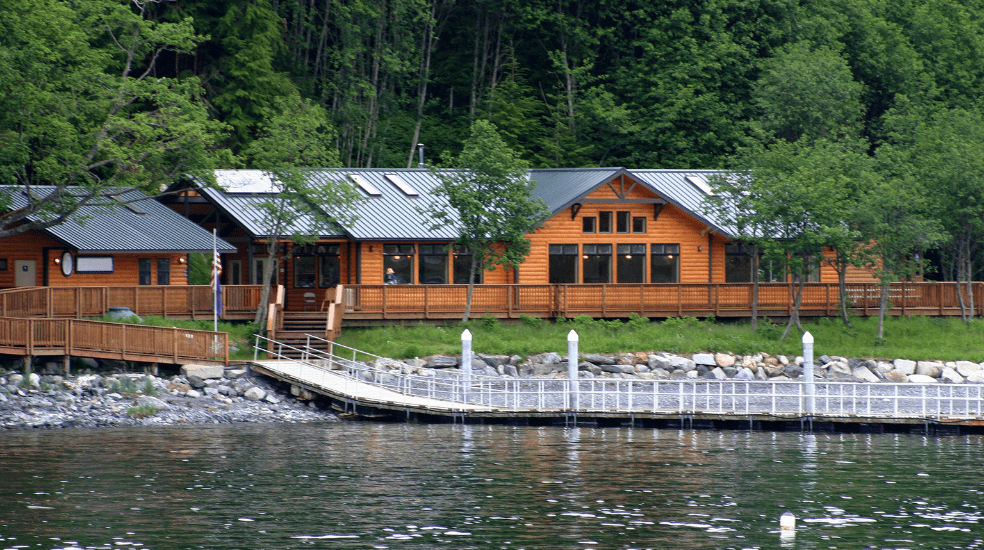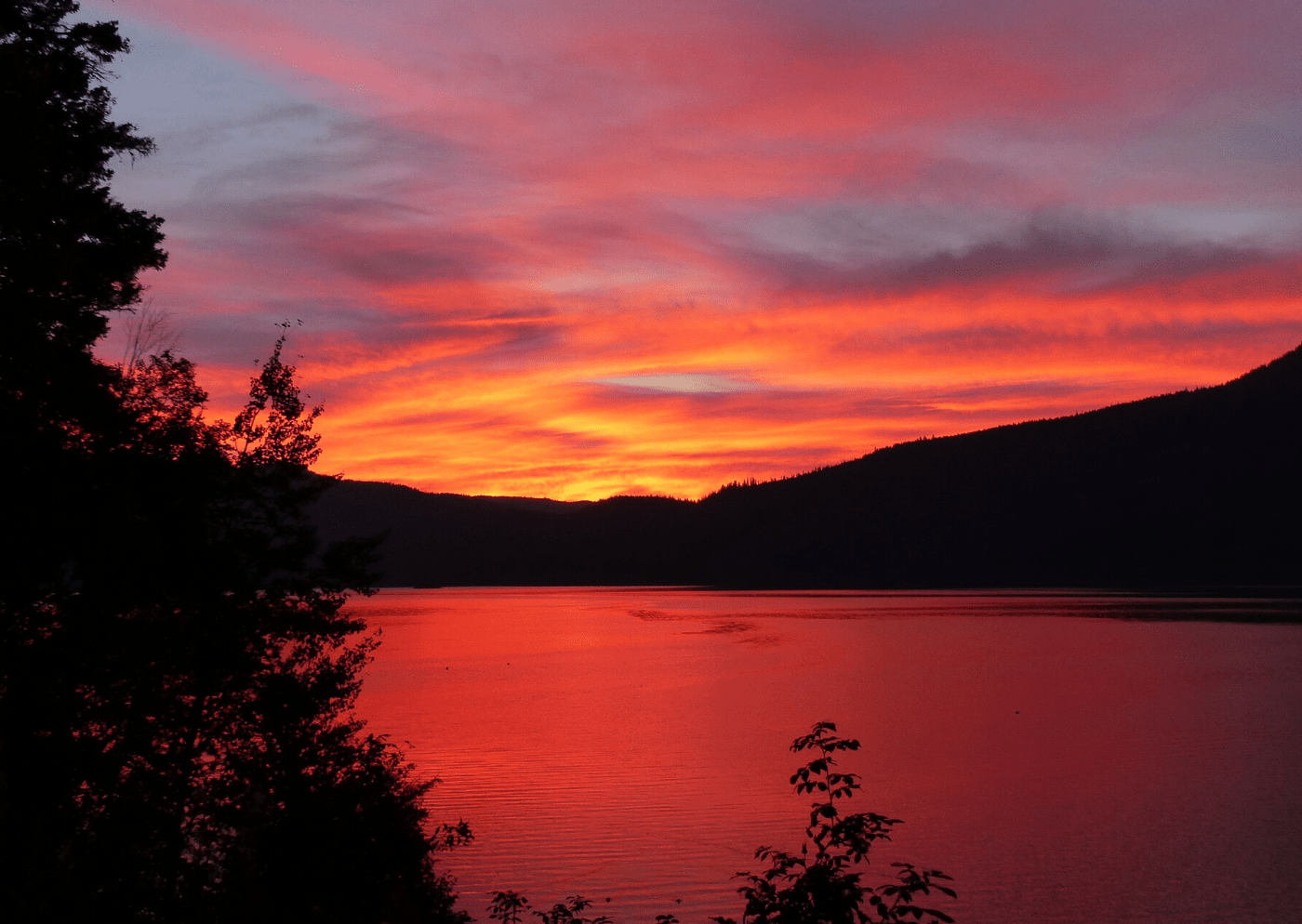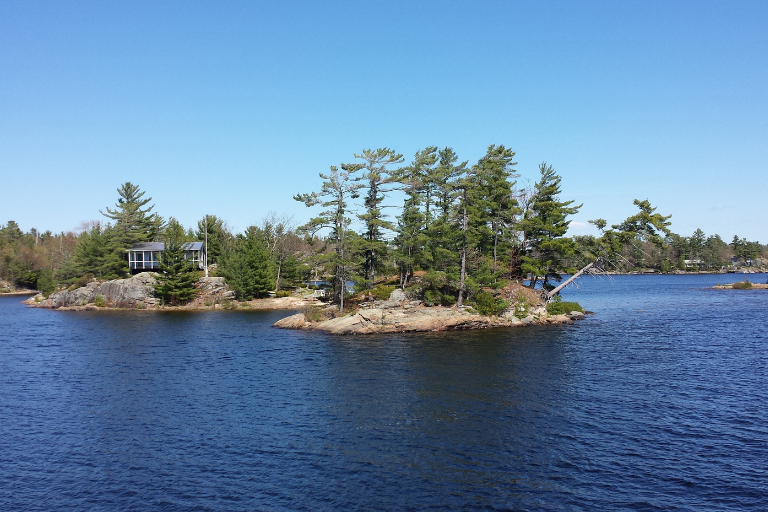Outlook for the Canadian Lodge & Resort Industry
Examining the Impact of Covid-19 on Industry Performance
Lodge and resort owners are a resilient group primarily made up of passionate owner operators. The uncertainty and challenges these owners have had to deal with over the past year is unprecedented. From short notice lockdowns, border closures, restrictions on interprovincial travel, it has been a year that will never be forgotten.
At the time of writing this article, the pandemic and related travel restrictions continue to drag on. Luckily, this is a resilient bunch of owners and past “shock” events and downturns that caused business to plummet have always been overcome.
Current Forecasts
Based on discussions with owners, many lodges are still receiving inquiries from international guests regarding booking a trip for when the border reopens. Existing international guests have “pushed” their vacation to this season rather than request a refund and will likely continue to do so as long as needed.
This leads me to believe there will be a rapid rebound in occupancy once the Covid-19 virus is contained and travel restrictions are lifted.
Package pricing is a key marketing tool that owners use to stimulate demand. Many lodges and resorts reduced the price of their packages over the course of the pandemic. I anticipate that package pricing will take longer to recover than in prior cycles given the magnitude of the rate declines.
Outlook for Supply
Historically, the lodge and resort industry has seen very little annual supply growth because of the high cost of construction in the remote areas where these businesses are typically located.
Generally, owners seeking to offer a higher end guest experience will elect to fully renovate a lodge near the end of its economic life rather than build completely new. Operating licenses, such as outfitting licenses, are also limited and are generally obtained by purchasing an existing operation.
For any new development projects that were planned for this year, they will likely experience delayed openings.
A more likely scenario as the pandemic drags on, is that some lodges (particularly those dependent on international guests) may close and not reopen, resulting in negative supply growth. This will benefit the lodges that persevere through this downturn.
When a Lodge or Resort Suspends Operations
Most lodges and resorts that are heavily dependent on international guests and aren’t near a large domestic market are temporarily suspending operations until travel restrictions are lifted.
When evaluating whether to suspend operations, consideration must be given to a lodge’s operating leverage.
Lodges operate with a high level of fixed expenses – these expenses remain in place regardless of the lodge’s revenue level. Mortgage payments are one of the larger fixed expenses, making recent purchasers most vulnerable. Variable expenses, such as supplies, can be adjusted in tandem with occupancy levels.
Criteria should be developed for deciding whether to suspend operations and an important aspect of the plan is calculating the business’ break even point:
- To calculate a break-even point based on vacation packages sold: Divide fixed costs by the revenue per package minus the variable cost per package. The fixed costs are those that do not change no matter how many packages are sold. The revenue is the price for which you’re selling the package minus the variable costs, like labour and supplies.
- Break-Even Point (vacation packages) = Fixed Costs ÷ (Revenue per package – Variable Cost per package)
The Canadian lodge industry has many US owners that cannot access their properties and have had no choice but to suspend operations. For those owners who have decided to suspend operations, it is important for them to establish a strategy for maintaining a market presence and pursuing future business. Content marketing is an affordable marketing strategy that should be focused on while in-person marketing practices, such as attending trade shows, are currently not an option.
Lodges generally have very loyal guests who are understanding of the current situation. A lodge that suspends operations is not the same as a closed lodge and will not suffer the stigma that has historically been associated with closed businesses.
How are Lodge and Resort Sub-Markets Being Affected?
More Vulnerable
- All-inclusive lodges and resorts, dependent on group business
- Upper scale properties
- Those that depend on international travel
- “Fly-in” properties that depend on air travel
- Recently purchased properties
Less Vulnerable
- Limited-Service properties are less impacted by lending restrictions due to the smaller size and lower value of these assets
- Economy and midscale properties
- Lodges and resorts in close proximity to a major domestic market
- Drive-to markets are expected to recover faster than those dependent on air travel
The Transaction Market
From 2016 to 2019 transaction volume was high as the industry was performing well and many long-time owners decided it was a good time to sell. Transactions decreased significantly in 2020 and deal volume is expected to accelerate in the latter part of 2021.
Every other day I am contacted by interested buyers – nearly all of which are hoping to find a deal due to the current situation. Prices will be driven down for those assets that have to sell in the current environment.
Most lodge and resort owners currently advertising for sale understand that it often takes years to find the right buyer. They anticipate the industry recovering during this marketing period and will not sell unless they can get near their asking price or a sale becomes necessary.
Buyer Strategies in the Current Environment
As mentioned above, many of the buyers I speak to are motivated by the opportunity to buy at depressed prices. Mortgage lending restrictions for lodges and resorts have tightened and may force all-cash transactions or seller financing – this could put downward pressure on values.
With mortgages less readily available, transactions may require one – or a combination – of the following options:
- Third-party financing at lower leverage and a higher interest rate
- Seller financing
- All-cash purchase
Buyers acquiring lodges and resorts in the current environment do so with the expectation that the business’ cash flow will improve and that the availability of mortgages will return to prior levels. At that point, the buyer would either sell or refinance the lodge, enhancing the return on investment potential.
Final Thoughts on the Canadian Lodge & Resort Industry
After the 2008/2009 industry downturn, mortgage lending for lodges and resorts in Canada became much more stringent with lower leverage and stricter due diligence. This resulted in the current owners having a much stronger financial profile.
Thus far, there has been little fallout as a result of the Covid-19 pandemic. This can be attributed to the increased scrutiny placed on buyers over the past decade by mortgage lenders. The various government subsidies while minimal, have also helped limit the fallout.
Industry participants are mainly older, long-time owners with significant equity in the property. 2020 was a welcome break to some of these older owners who saw it as an opportunity to catch up on projects they can’t get to when operating under a normal season. Now in 2021, even these long-time owners are itching to get back to business as usual.
The older, long-time owners, which make up the majority, are at low risk of entering any kind of foreclosure situation. Similar to farms, many lodges and resorts are passed down to the next family generation at reasonable prices or fair payment terms – again raising their ability to withstand the storm known as Covid-19.
If the travel restrictions remain in place through the upcoming season, we may begin seeing some foreclosures and highly discounted sales in the latter part of the year particularly for remote lodges that cannot pull business from a domestic market and are highly dependent on international guests. These will likely be recently purchased lodges with high operating leverage.
Well-capitalized buyers should be in a position to acquire a property at a price well below recent norms, creating an opportunity for high returns.
If owners are staying in contact with their lenders, maintaining their properties, and paying taxes and insurance, lenders may be willing to work with borrowers.
Shortly after the virus is contained and travel restrictions are lifted, cash flows are expected to bounce back very rapidly and mortgage lending will return to more traditional parameters.
This article has been prepared by Frontier Hospitality Advisor for general information only. Frontier Hospitality Advisor makes no guarantees, representations or warranties of any kind, expressed or implied, regarding the information including, but not limited to, warranties of content, accuracy and reliability. Any interested party should undertake their own inquiries as to the accuracy of the information. Frontier Hospitality Advisor excludes unequivocally all inferred or implied terms, conditions and warranties arising out of this article and excludes all liability for loss and damages arising there from.



I coulԀn’t resіst сommenting. Exceptionallу well
written!